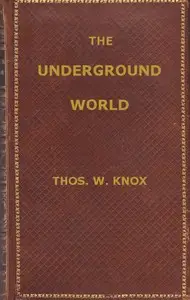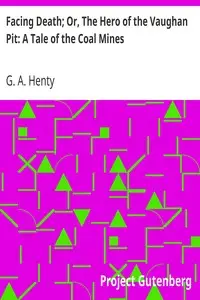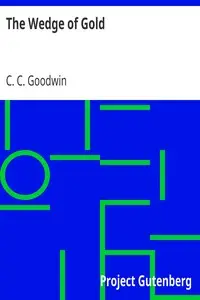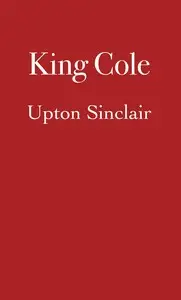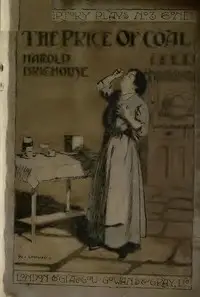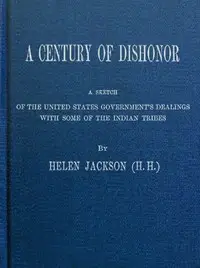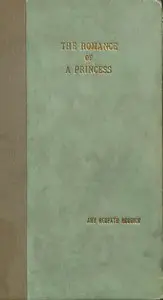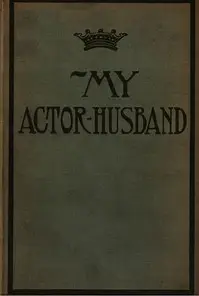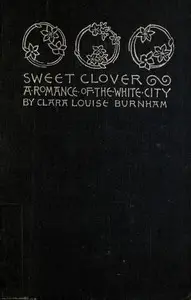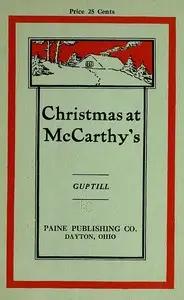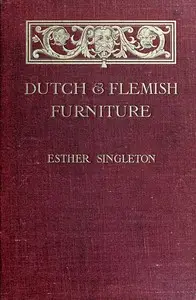"The Underworld: The Story of Robert Sinclair, Miner" by James C. Welsh tells the gripping history of Robert Sinclair's family as they navigate the treacherous world of coal mining in the early 1900s. The story plunges into the lives of miners, focusing on Geordie Sinclair, who is hurt in a mining accident, and his strong wife, Nellie, as they work hard to take care of their four kids while facing poverty. It shows their struggle for workers' rights, highlighting how poverty affects the family and how they deal with problems brought on by harsh figures. The book shows emotional moments through Geordie and Nellie’s experiences and interactions, showcasing the injustices they face from people like Jock Walker, who takes advantage of them and sets the stage for a major conflict.

The underworld: The story of Robert Sinclair, miner
By James C. Welsh
In a world shadowed by coal dust, one family must fight for survival against poverty, injury, and the crushing weight of injustice.
Summary
About the Author
James C. Welsh was a miner, trade unionist, novelist and Scottish Labour Party politician who served as a Member of Parliament (MP) from 1922 to 1931, and from 1935 to 1945.
Welsh worked in mines from the age of 12, an experience which informed his first novels The Underworld (1920) and The Morlocks (1924). He later became a full-time official for the mining union. He unsuccessfully contested the 1918 general election in the Lanark constituency. At the 1922 general election, he was elected as MP for Coatbridge constituency, where he was re-elected in 1923, 1924 and 1929, but was defeated at the 1931 general election by the Conservative Party candidate William Paterson Templeton.
James C. Welsh was a miner, trade unionist, novelist and Scottish Labour Party politician who served as a Member of Parliament (MP) from 1922 to 1931, and from 1935 to 1945. Welsh worked in mines from the age of 12, an experience which informed his first novels The Underworld (1920) and The Morlocks (1924). He later became a full-time official for the mining union. He unsuccessfully contested the 1918 general election in the Lanark constituency. At the 1922 general election, he was elected as MP for Coatbridge constituency, where he was re-elected in 1923, 1924 and 1929, but was defeated at the 1931 general election by the Conservative Party candidate William Paterson Templeton.

